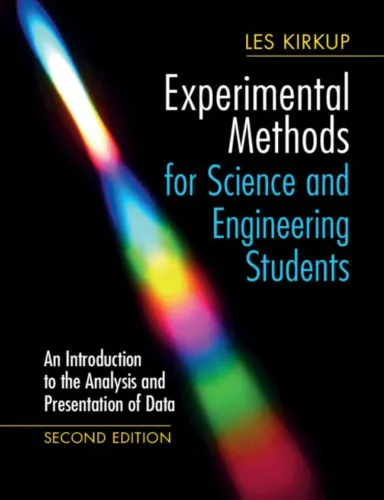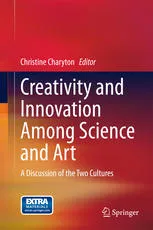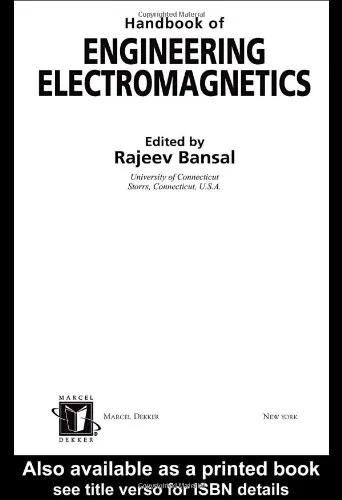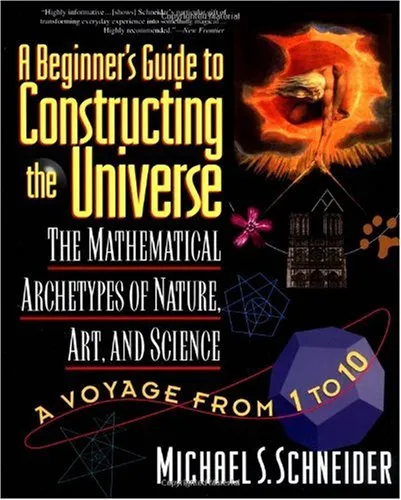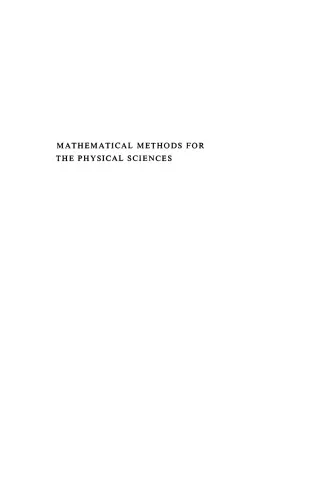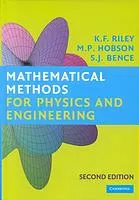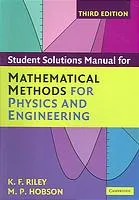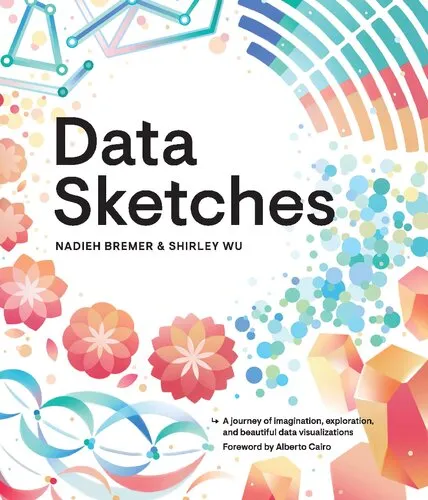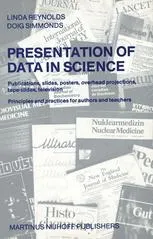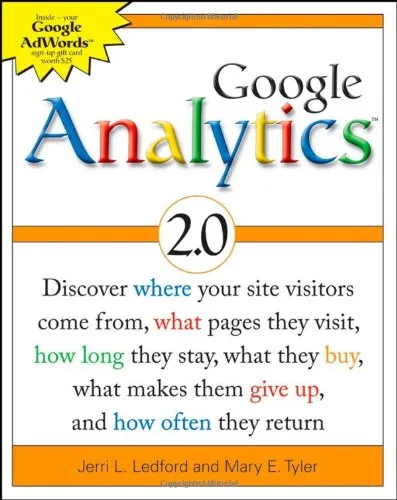Experimental Methods For Science And Engineering Students: An Introduction To The Analysis And Presentation Of Data
4.5
Reviews from our users

You Can Ask your questions from this book's AI after Login
Each download or ask from book AI costs 2 points. To earn more free points, please visit the Points Guide Page and complete some valuable actions.Related Refrences:
Introduction
Welcome to Experimental Methods For Science And Engineering Students: An Introduction To The Analysis And Presentation Of Data, a comprehensive resource designed to guide students in mastering the essential tools of data analysis and effective communication of results. Whether you are a student beginning your journey in experimental science or an engineering enthusiast seeking clarity on how to handle data, this book offers practical insights tailored to meet your learning needs in a structured and accessible way.
In this book, I aim to bridge the gap between theory and practice with a focus on experimental design, data processing, and clear presentation—skills that are indispensable for modern scientists and engineers. With examples grounded in real-world situations and step-by-step explanations, readers are equipped to confidently tackle data-centric challenges and present their findings persuasively.
Detailed Summary of the Book
This book covers the foundational principles and practical methods needed for the analysis and presentation of experimental data.
The journey begins with an exploration of fundamental concepts, including measurements, uncertainties, and how to evaluate experimental performance. This ensures students develop a solid footing in understanding the quality and reliability of their data. The discussion then progresses into the core techniques required for handling data efficiently, such as plotting graphs, statistical analysis, and model fitting. By engaging readers with step-by-step methodologies and exercises, the book allows them to apply these methods directly to their own experiments.
Communication of findings is another central theme. Recommendations on presentation styles—both written and oral—help readers deliver their results clearly and persuasively, ensuring that their hard work resonates with academic, professional, and public audiences. The content also highlights the necessity of ethical conduct during research, fostering integrity and responsibility in future scientists and engineers.
At its heart, the book is designed as a toolkit—one that can be applied across various scientific disciplines and engineering fields. The approachable language and practical examples make it a versatile companion for any student navigating experimental methods.
Key Takeaways
- Understanding Uncertainty: Learn how to quantify and interpret uncertainties in measurements and results.
- Data Visualization: Get hands-on guidance in graphical representation of data for better communication.
- Statistical Analysis: Master statistical techniques to analyze data confidently and identify meaningful patterns.
- Effective Communication: Develop the skills to present results clearly, whether through written reports, oral presentations, or visual aids.
- Practical Exercises: Apply what you learn with carefully crafted exercises and projects that reinforce the concepts introduced in the text.
Famous Quotes from the Book
Here are some memorable excerpts from the book:
"Experimental science is not merely about making observations; it is about transforming observations into understanding."
"The most exquisite experiment means little if the results are not communicated effectively."
"In science and engineering, uncertainty is not something to be feared; it is something to be embraced and explored."
Why This Book Matters
In a world increasingly driven by data, the ability to analyze and present experimental findings is a skill of paramount importance.
This book provides the structured, hands-on guidance necessary for students to cultivate this skill, not only for academic purposes but also for real-world challenges that demand precision and clarity. By combining theoretical concepts with a highly practical focus, this resource gives aspiring scientists and engineers the confidence to navigate the complexities of experimental data.
Moreover, the book instills a sense of responsibility in how results are handled and communicated, fostering a professional and ethical approach to research activities. It is an indispensable resource for anyone striving to connect experimental insights with impactful solutions in their respective fields. A deeper understanding of experimental methods helps shape not only better scientists and engineers but also better communicators and thinkers.
Free Direct Download
You Can Download this book after Login
Accessing books through legal platforms and public libraries not only supports the rights of authors and publishers but also contributes to the sustainability of reading culture. Before downloading, please take a moment to consider these options.
Find this book on other platforms:
WorldCat helps you find books in libraries worldwide.
See ratings, reviews, and discussions on Goodreads.
Find and buy rare or used books on AbeBooks.
1370
بازدید4.5
امتیاز0
نظر98%
رضایتReviews:
4.5
Based on 0 users review
Questions & Answers
Ask questions about this book or help others by answering
No questions yet. Be the first to ask!
